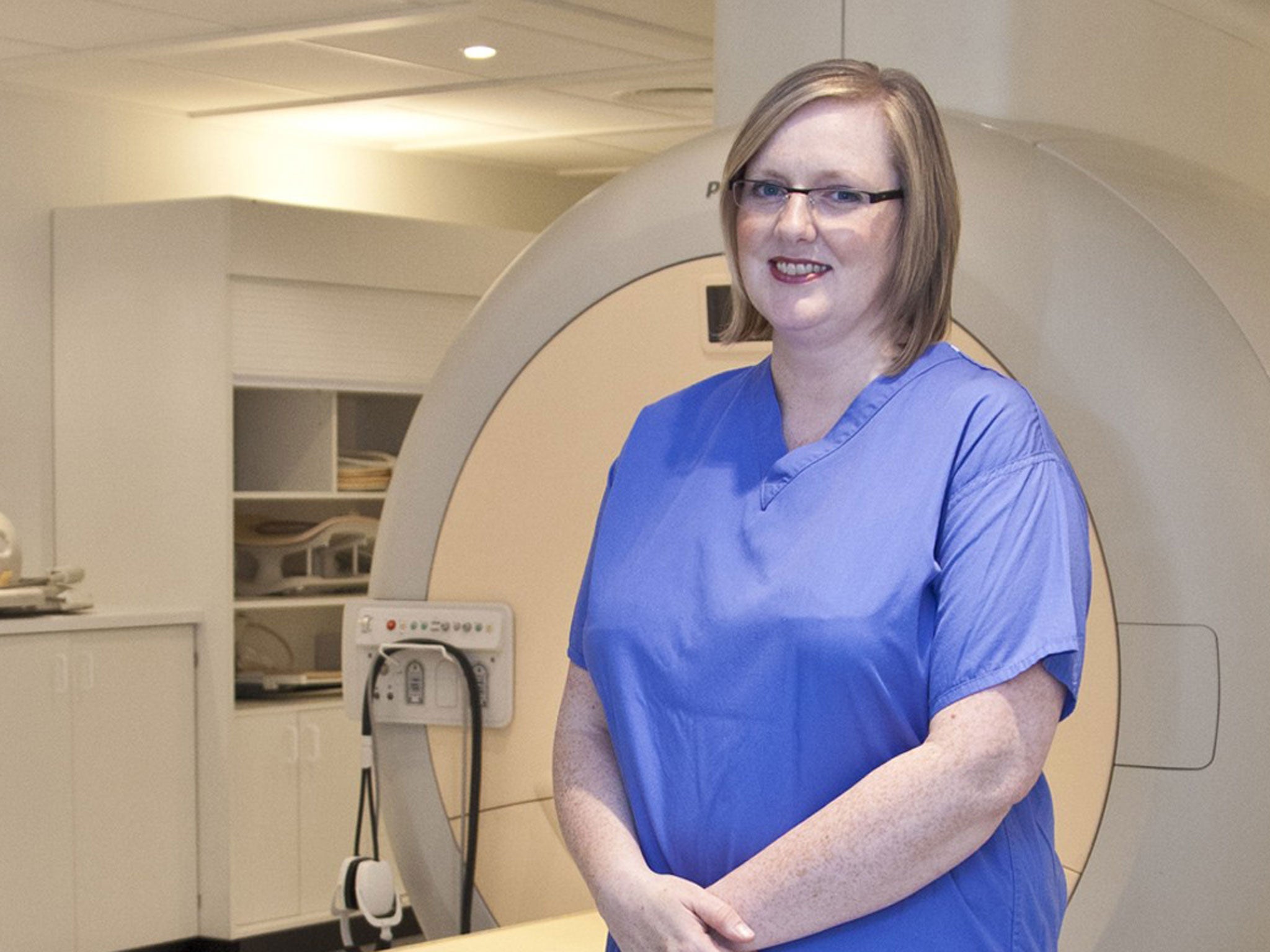Thousands with secondary breast cancer ‘being failed’

Your support helps us to tell the story
From reproductive rights to climate change to Big Tech, The Independent is on the ground when the story is developing. Whether it's investigating the financials of Elon Musk's pro-Trump PAC or producing our latest documentary, 'The A Word', which shines a light on the American women fighting for reproductive rights, we know how important it is to parse out the facts from the messaging.
At such a critical moment in US history, we need reporters on the ground. Your donation allows us to keep sending journalists to speak to both sides of the story.
The Independent is trusted by Americans across the entire political spectrum. And unlike many other quality news outlets, we choose not to lock Americans out of our reporting and analysis with paywalls. We believe quality journalism should be available to everyone, paid for by those who can afford it.
Your support makes all the difference.Thousands of women living with secondary breast cancer are being “failed” by the health service and urgent action needs to be taken to improve care and support services, a leading charity has said.
Breast Cancer Care believes that big gaps in data on how many women suffered from the condition have left health commissioners unprepared, leading to “chaotic” care for increasing numbers of women living with the incurable, but treatable, disease.
Estimating that 36,000 people could be living with secondary breast cancer, the charity called for urgent action to improve data on rates of the disease, particularly in Scotland and Wales.
Secondary, or metastatic, breast cancer is a cancer that has spread to another part of the body, usually some time after an initial breast cancer diagnosis. A diagnosis of secondary breast cancer means that the cancer can be treated but it can’t be cured.
However, drugs and other treatments can control and slow down its spread. Improvements in treatments mean that more women are now living longer, increasing the urgency of ensuring they have access to effective services, the charity said. “People living with secondary breast cancer are still being failed,” said Diana Jupp, Breast Cancer Care’s director of services and campaigns.
“We’re calling on all cancer registries to record all recurrent and secondary breast cancer diagnoses so that the NHS can plan and deliver care and support. Unless we know the numbers of people living with secondary breast cancer nobody can plan how to deliver care.”
The charity said women had come to them saying they felt “invisible and ignored”. “We know from the research we’ve done that many people living with secondary breast cancer have a very chaotic experience of care, where they don’t have a named nurse,” said Ms Jupp. “It’s an incredibly tough experience to be going through without good care and support and it seems deeply unfair on anyone who is diagnosed.”
In England, it is now mandatory for data on secondary breast cancer rates to be recorded by the National Cancer Intelligence Network (NCIN), but Breast Cancer Care said coverage was “patchy”. Di Riley, acting head of the NCIN said: “[We] think it’s important to collect information along the whole pathway of cancer treatment, including patients with recurrence of metastatic disease.”
Case study: ‘There is life after diagnosis’
Lesley Frame, 40, a radiographer from East Kilbride, was diagnosed with secondary breast cancer eight years ago.
When I was diagnosed I felt completely alone. I felt the information available didn’t pertain to me. I didn’t end up using many support services because I didn’t feel there was anything there for me.
I was one of the first at my local hospital to get Herceptin, which has helped me manage the condition. But I have problems going for job promotions, moving house, going on holiday – all this is restricted because I can’t get life insurance and I have to get my Herceptin every three weeks. I’m at work full time, I haven’t been side-lined, there is life after diagnosis.
Join our commenting forum
Join thought-provoking conversations, follow other Independent readers and see their replies
Comments